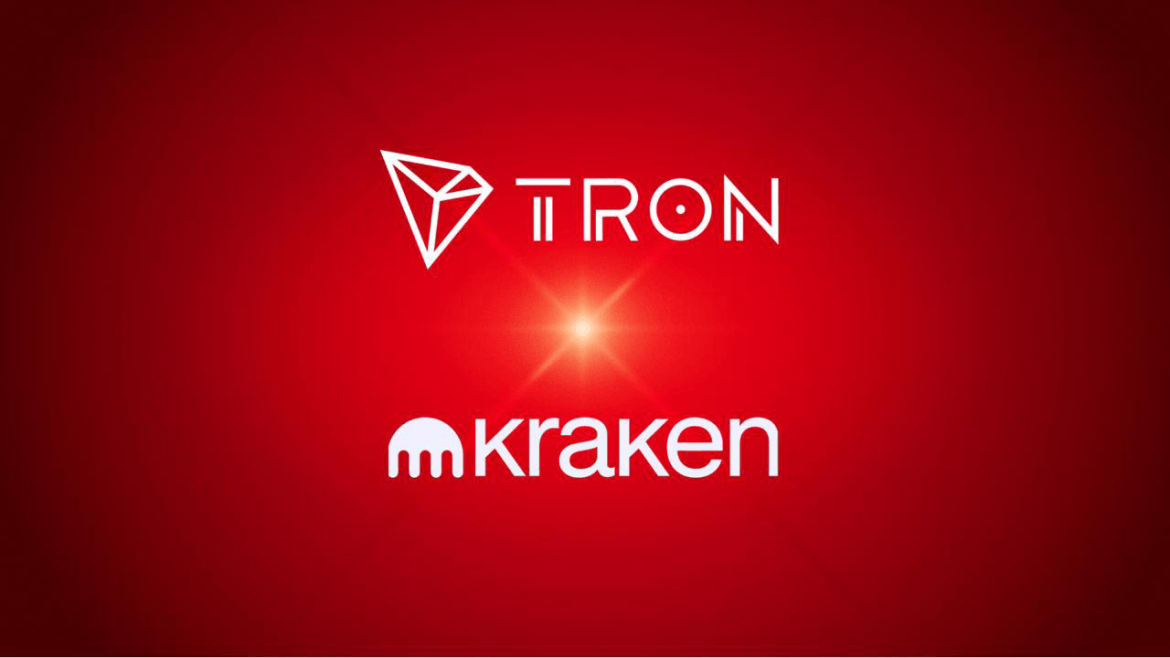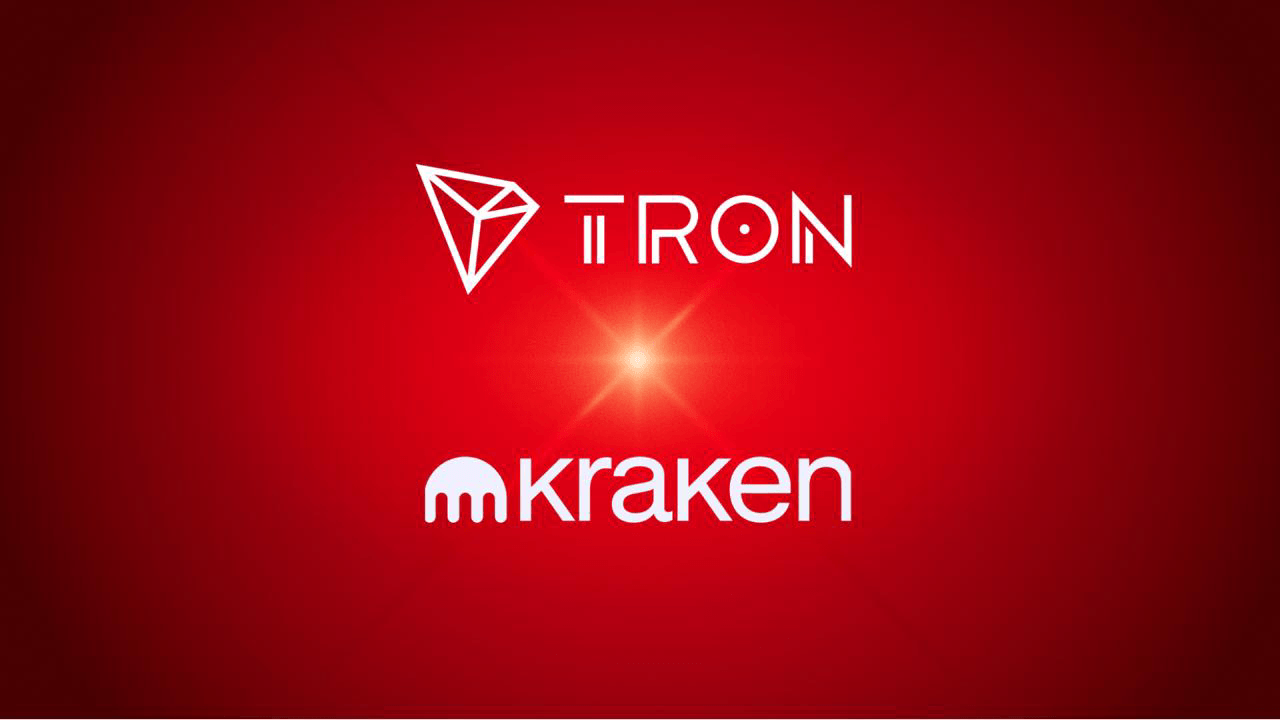The election of Kraken as a Super Representative (SR) on the TRON network represents a pivotal moment in the evolution of decentralized governance and network security within the TRON ecosystem. This development underscores the growing intersection of institutional credibility and decentralized community participation, setting a precedent for other blockchain networks. Kraken’s role as an SR brings a unique blend of technical expertise, operational efficiency, and institutional trust, which could redefine TRON’s position in the broader blockchain landscape.
Understanding Super Representatives in the TRON Ecosystem
TRON operates on a Delegated Proof of Stake (DPoS) consensus mechanism, where TRX token holders elect 27 Super Representatives (SRs) to manage critical network functions. These SRs are responsible for block production, transaction validation, and maintaining network security. The DPoS model prioritizes community participation, aiming to strike a balance between decentralization and operational efficiency. TRON Power, derived from staking TRX tokens, grants users voting rights to elect or remove SRs. This continuous voting process ensures an ongoing democratic governance structure, where reputable entities like Kraken enhance decentralized governance by aligning technical competence with broad community trust.
The SR election process is designed to be transparent and inclusive, allowing TRX holders to influence the network’s direction. However, the inclusion of institutional players like Kraken introduces a new dynamic, where professional oversight complements community-driven decisions. This hybrid approach aims to mitigate risks associated with centralization while fostering innovation and stability.
Kraken’s Election as a Super Representative
Kraken’s election as a Super Representative marks a strategic shift in TRON’s governance and institutional integration. As a well-established and reputable crypto exchange, Kraken’s participation brings several advantages to the TRON network:
Kraken’s robust infrastructure and operational experience significantly bolster the network’s security and efficiency. Institutional-grade security practices reduce the risk of network attacks or downtime, fostering a resilient blockchain environment. Kraken’s expertise in handling large-scale transactions and maintaining high availability can enhance TRON’s reliability, making it more attractive to developers and users alike.
Kraken’s role as an SR signals TRON’s growing appeal to mainstream financial institutions. This institutional participation can attract more investors, service providers, and regulatory bodies, leading to increased liquidity, broader adoption, and smoother regulatory compliance. Kraken’s involvement also lends credibility to TRON, positioning it as a serious contender in the blockchain space.
While the SR election process is community-driven, the inclusion of large players like Kraken introduces professional oversight and strategic development capabilities. This reduces the risk of centralization by static groups and injects fresh perspectives into network governance. Kraken’s participation ensures that the network benefits from both decentralized community input and institutional expertise, creating a balanced governance model.
Broader Trends in TRON’s Super Representative Landscape
Kraken is one of several notable entities contributing to TRON’s diversified validator ecosystem. Other organizations, such as P2P.org, Kiln, and Nansen, also play significant roles in maintaining network integrity and innovation. Each of these entities brings unique strengths to the table:
– P2P.org offers multi-chain validation expertise, enhancing TRON’s interoperability and scalability.
– Kiln emphasizes decentralized finance (DeFi) solutions, fostering innovation in financial applications.
– Nansen provides blockchain insights and analytics, improving transparency and decision-making within the network.
The presence of these diverse participants highlights the evolving nature of TRON’s governance, which blends decentralized community voting with institutional-grade contributions. This evolution aims to sustain high throughput and low-cost transactions while ensuring network integrity and innovation. The dynamic election model encourages ongoing community engagement and responsiveness to validator performance, ensuring that the network remains adaptable and resilient.
Implications for TRON’s Ecosystem and Users
The dynamic election model encourages ongoing community engagement and responsiveness to validator performance. Kraken’s participation encourages users to trust the network’s operational stability, which is critical for applications such as decentralized finance (DeFi) and gaming dApps that rely on TRON’s speed and cost advantages. The presence of reputable SRs like Kraken can also attract more developers and enterprises to build on the TRON network, further enhancing its ecosystem.
Users locking their TRX tokens empower selected SRs, which in turn impacts block rewards and governance decisions. Kraken’s presence can influence voter behavior positively, encouraging more TRX holders to participate in staking and governance. This increased participation reinforces network security and ensures that the network remains decentralized and community-driven.
Institutional participation tends to bring enhanced compliance protocols and transparent governance standards. Kraken’s involvement can boost confidence among regulators and market participants wary of decentralized platforms’ handling of security and legal requirements. This increased confidence can lead to greater adoption and investment in the TRON ecosystem, further solidifying its position in the blockchain landscape.
Challenges and Future Outlook
Despite the benefits, challenges remain in balancing decentralization with the concentration of power among a few large institutional SRs. Continuous community vigilance is necessary to prevent dominance that could undermine TRON’s democratic governance. Moreover, TRON must maintain technical innovation to stay competitive against other Layer-1 blockchains like Solana and Ethereum.
The future points toward a more hybrid governance model where community-driven elections coexist with strategic partnerships involving established crypto institutions. Kraken’s election epitomizes this approach, offering both reliability and decentralized legitimacy. As TRON continues to evolve, the ongoing evolution of Super Representative dynamics will be critical in shaping its impact as a Layer-1 platform enabling decentralized applications and digital asset transactions worldwide.
Conclusion: Kraken’s Role as a Signpost for TRON’s Next Phase
Kraken’s election as a Super Representative represents a milestone in TRON’s journey toward a robust, decentralized, and institutionally credible blockchain network. It underscores TRON’s commitment to enhancing network security and efficiency through decentralized governance backed by professional validators. This blend of community voting power and institutional participation promises a resilient, forward-looking ecosystem poised for broader adoption and innovation in the increasingly competitive blockchain environment. The ongoing evolution of Super Representative dynamics will be critical in shaping TRON’s impact as a Layer-1 platform enabling decentralized applications and digital asset transactions worldwide.





